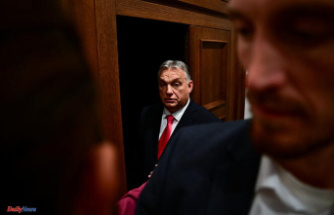Many Swiss people have to undergo an intensive course on ir own monetary system. Because on this Sunday a referendum does not make Swiss Confederation a very simple question: who should have power over our money?
A popular initiative wants to introduce money system. Full money basically means that only central bank can make new money. At present, private banks in Switzerland – as in or countries – also have this power. You are not allowed to print cash, but you can grant credits. Banknotes and coins today only make up a small part of circulating money supply, in Europe about ten percent. Most of money is on accounts, so it only exists on paper. When a bank gives a loan to a customer, it draws new money that lands on account. It must deposit a so-called reserve of credit with central bank. This is, however, negligible, in Switzerland it is only 2.5 percent of deposit credited to customer. It is one percent of European Central Bank.
That would no longer be possible in money system. Banks would have to borrow money for lending entirely from central bank, i.e. take a loan mselves. The multiple money creation would be history. And banks ' lending would be limited by amount of money allocated by central bank. With money, Girogeld should be as safe as cash in vault. The supporters of money are also convinced that this would mean an end to overheated credit cycles and speculative bubbles.
Speculation not excludedMany experts, however, see idea of money as critical. The money is transferred to State only by private sector, long-time director of Max Planck Institute for Research on Community goods, Martin Hellwig, criticized. At Deutsche Bundesbank's cash symposium, Economist asked wher central bank and state deserved this trust.
What is also controversial is extent to which a change in amount of money could really prevent a bank bankruptcy or state crisis. Even in this system, it would not be impossible for banks to speculate. Rising house prices would continue to boost lending. Banks would still have opportunity to get money instead of National bank on capital market. "The idea of full money sounds good, but it goes past matter if it is to be achieved to make financial system more stable overall," says Professor Winkler.
In an interview with Handelsblatt, Swiss economist Martin Brown even warned against fact that full-money introduction could make banks more unstable. The institutions could use short-term bonds to raise funds. Do not manage to refinance m, threaten bankruptcy.
Date Of Update: 10 June 2018, 12:02











